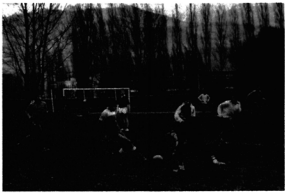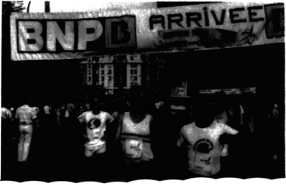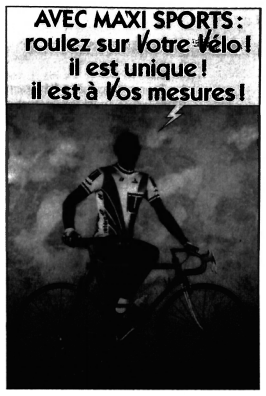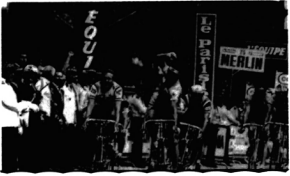20.2: Lexical Comments
- Page ID
- 142389
\( \newcommand{\vecs}[1]{\overset { \scriptstyle \rightharpoonup} {\mathbf{#1}} } \) \( \newcommand{\vecd}[1]{\overset{-\!-\!\rightharpoonup}{\vphantom{a}\smash {#1}}} \)\(\newcommand{\id}{\mathrm{id}}\) \( \newcommand{\Span}{\mathrm{span}}\) \( \newcommand{\kernel}{\mathrm{null}\,}\) \( \newcommand{\range}{\mathrm{range}\,}\) \( \newcommand{\RealPart}{\mathrm{Re}}\) \( \newcommand{\ImaginaryPart}{\mathrm{Im}}\) \( \newcommand{\Argument}{\mathrm{Arg}}\) \( \newcommand{\norm}[1]{\| #1 \|}\) \( \newcommand{\inner}[2]{\langle #1, #2 \rangle}\) \( \newcommand{\Span}{\mathrm{span}}\) \(\newcommand{\id}{\mathrm{id}}\) \( \newcommand{\Span}{\mathrm{span}}\) \( \newcommand{\kernel}{\mathrm{null}\,}\) \( \newcommand{\range}{\mathrm{range}\,}\) \( \newcommand{\RealPart}{\mathrm{Re}}\) \( \newcommand{\ImaginaryPart}{\mathrm{Im}}\) \( \newcommand{\Argument}{\mathrm{Arg}}\) \( \newcommand{\norm}[1]{\| #1 \|}\) \( \newcommand{\inner}[2]{\langle #1, #2 \rangle}\) \( \newcommand{\Span}{\mathrm{span}}\)\(\newcommand{\AA}{\unicode[.8,0]{x212B}}\)
Lexical Comments
The verb faire is quite versatile, as you have already seen. Here we review all its uses and point out one of the problems it may still present for you.

Warning. French does not use the equivalent of "do/does/did" (which would be various forms of faire) to make questions or the negative, as does English (e.g., "Did you go to the movies yesterday?," "No, he doesn't understand what I'm talking about." Neither of those italicized forms has a French equivalent—don't try to translate them with faire!).
- Faire, of course, has a literal meaning, as in
Je fais mes devoirs tous les jours.
Qu'avez-vous fait le weekend passé? - It is also the principal verb used with weather expressions:
Quel temps fait-il?
Il fait beau mais il fait du vent.
(Note, however: Il pleut, il neige.)
- Along with jouer à, it is used with sports activities:
Je fais du ski nautique.
Elle aime faire du camping.
—Tu fais du tennis? —Non, je ne fais pas de tennis. - Finally, faire takes on a specific meaning with each of the following complements. These are not all really idioms, but it might be easier to think of them as such.
Je vais faire un voyage. I'm going to take a trip. Veux-tu faire une promenade? Do you want to take a walk? Faites attention! Be careful! (pay attention) Ils devraient faire des économies. They ought to save some money. Ça ne fait rien. Think nothing of it. (It's no trouble.)


Exercice III
Make up five two-part dialogues (a question and an answer or a statement and a comment), each one involving a distinct use of the verb faire.


